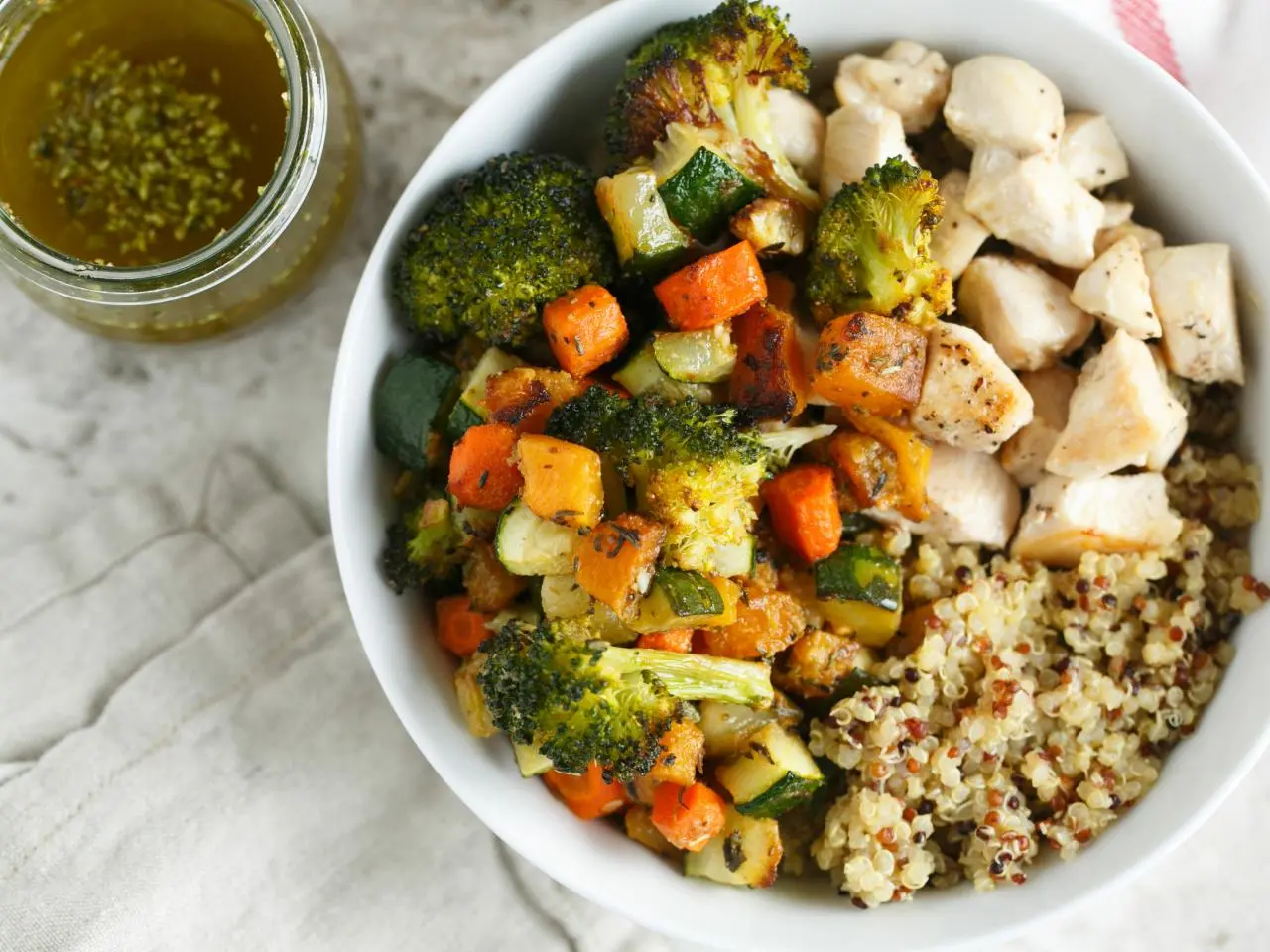By dispelling these myths, we can make more informed choices about our high protein intake, optimizing our muscle growth and recovery.
Myth 1: Protein Shakes Aren’t Just for Workout Days
There’s a widespread misconception that protein supplements are only needed on days when you hit the gym. In reality, your muscles are in a constant state of repair and growth, even on rest days. Protein supplements can offer a convenient and swift source of high-quality protein that aids in this ongoing recovery process.
Myth 2: Excessive Protein Is Harmful
Another prevalent fallacy is that consuming too much protein can result in kidney damage or other health problems. While it’s true that excessive protein intake can be detrimental to individuals with pre-existing kidney conditions, the average healthy adult can safely benefit from higher protein intake within a well-balanced diet. A 2016 study published in the Journal of Nutrition and Metabolism, which focused on resistance-trained men following a high-protein diet for an entire year, revealed that this diet had no adverse effects on their blood lipids, liver, or kidney function. Even with increased calorie intake on the high-protein diet, these individuals did not gain excess fat. It seems that, for these individuals, a high-protein diet did not harm their health or lead to unwanted fat gain.
Myth 3: Protein Shakes Lead to Unwanted Weight Gain
Some individuals worry that consuming protein supplements on rest days will cause them to gain weight. However, when integrated into a balanced diet, protein supplements do not inherently lead to weight gain. In fact, protein has a higher thermic effect compared to carbohydrates or fats, meaning your body expends more energy digesting it, which can aid in weight management.
Myth 4: Plant-Based Protein Is Inferior to Whey Protein
Whey protein is a complete protein source containing significant amounts of branched-chain amino acids (BCAAs), which actively support muscle protein synthesis. Plant-based proteins like pea or hemp can also provide all essential amino acids when combined correctly. They are a suitable option for vegetarians, vegans, or those with dairy allergies and can be just as effective for muscle recovery.
Myth 5: The “Anabolic Window” Is Crucial for Protein Intake
The concept of a narrow “anabolic window” post-workout, during which protein must be consumed, has largely been debunked. Protein synthesis occurs over an extended period, and consuming protein either before or several hours after a workout can still contribute to muscle growth and repair.
By dispelling these myths, we can make more informed choices about our high protein intake, optimizing our muscle growth and recovery, whether it’s a workout day or a rest day.



